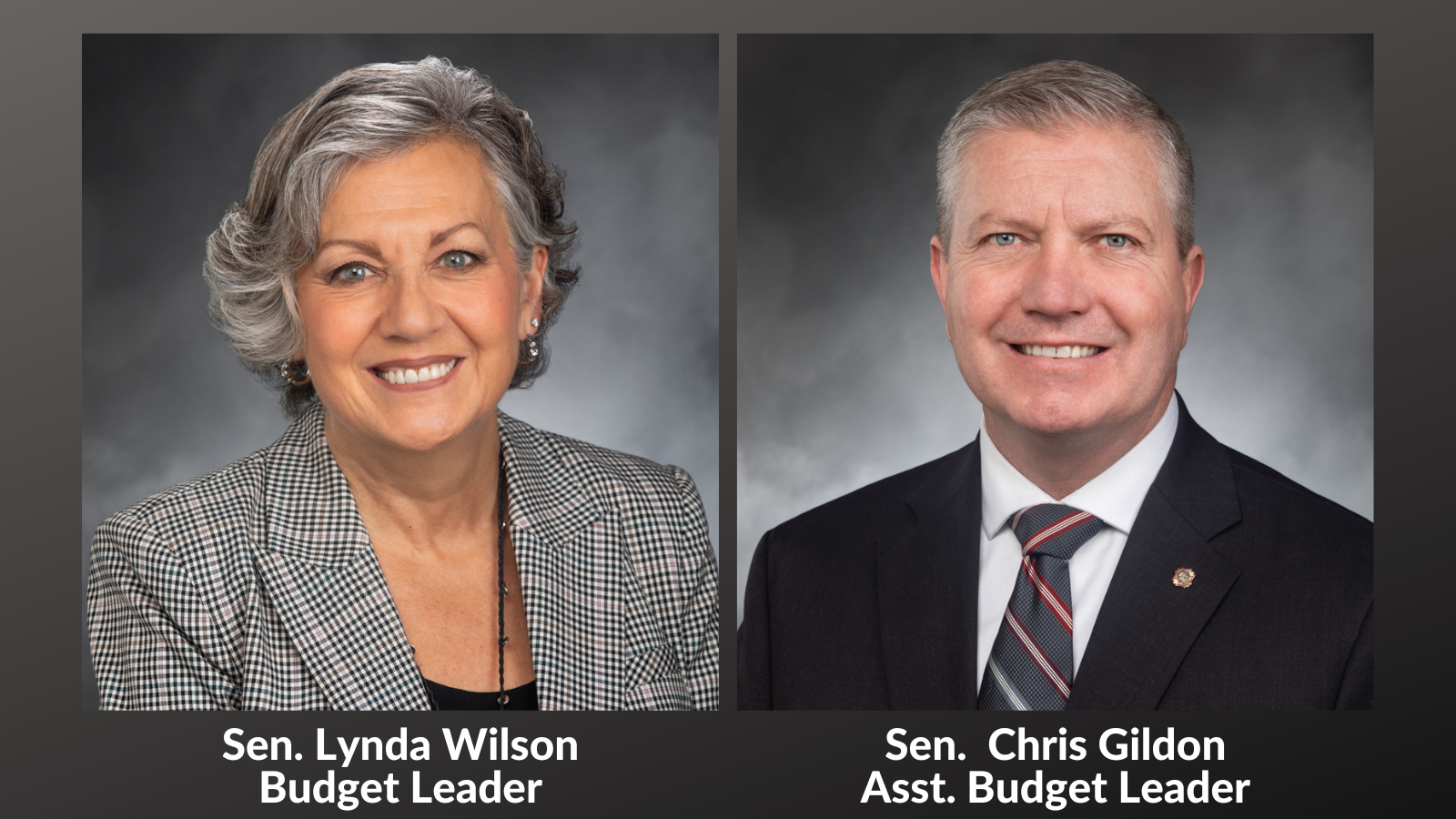Senate Operating Budget Proposal
During the “short,” 60-day legislative session every other year, legislators write a supplemental budget rather than an entirely new state budget. The purpose of the supplemental budget is to make adjustments to account for:
- Maintenance-level changes, such differences caseload, utilization, and inflation
- Corrections to technical errors or mandatory new costs (e.g. – lawsuit judgments)
- Emergencies (e.g. – wildfires, floods, earthquakes, landslides)
Unfortunately, the majority sometimes adds in new spending, as if the supplemental budget is another opportunity to grow state spending. This often means that the majority will include new taxes in the supplemental budget to pay for the new spending.
This year, however, the Senate’s bipartisan operating budget lives within our means.
There are no new or increased taxes included in this proposal.
Highlights:
- Spends two-thirds on costs to maintain the current budget and only one-third is on policy, much of which is “must do” priorities
- Spends $275 million less on policy than the governor’s budget does, AND it leaves $1 billion more in reserves at the end of four years
- Includes many Republican priorities and goals
Spending Growth
- $1.8 billion spending increase, two-thirds of which is to maintain current commitments
- Health Care Authority: $600 million, primarily to cover slower-than-expected disenrollment of 250,000 people from Medicaid
- Two large lawsuits:
- $100 million to satisfy the “Trueblood” decision
- $100 million for a decade-old judgment against the Department of Children, Youth and Families
- K-12 $250 million, primarily for student transportation and special education
- Smallest policy-level increase since 2016, when the lead on the budget was Republican Sen. Andy Hill
- Spends $275 million less at the policy level than the governor’s proposal
New Spending
- $150 million for information technology projects, most notably “One Washington”
- $105 million buy-back of unachieved Health Care Authority program integrity savings
- $65 million one-time financial assistance to the University of Washington Medical Center
- $44 million backfill to cover lower cannabis revenue
- $30 million for fire-suppression
- $25 million for higher health-care costs for K-12 employee benefits
- $250 million for behavioral health projects
- Additional miscellaneous government projects
Listen
Senate Republican budget leader encouraged by proposal with strong lean toward addressing public-safety concerns
Watch
Sen. Chris Gildon, R-Puyallup, describes his work on the $71.6 billion Senate budget proposal. Lawmakers avoided drama, cooperated across party lines, and came up with a plan that won broad approval, 45-4.
Senate Republican Operating Budget Team

For one reason or another the past few supplemental budgets strayed from what should happen in year two of a two-year spending plan. This proposal is much more of a back-to-basics approach, and as I hoped, it lives within the means provided by the taxpayers. That’s important seeing how families across Washington are making difficult spending choices to live within their means.
I also appreciate the bipartisan support for addressing what Republicans see as situations that can’t wait for a full budget rewrite next year, starting with public safety. This proposal will help make Washington safer.
Republican Priorities in the Budget Proposal

K-12 Education
- Support efforts to chronic absenteeism, which is preventing post-pandemic learning recovery
- $1.5 million for the Office of the Superintendent of Public Instruction to reimburse private schools for federally allowable COVID-related costs
- $1,500 per pupil to charter schools, providing equity similar to levy-equalization assistance for public schools
- Advocacy support in each school district to help families with kids who receive special education services navigate the system and understand their right
- Prevented an attempt to increase local levies that would have set the stage for another lawsuit like McCleary v. State of Washington

Drug Overdose Crisis
Three Republican-led policies:
- $4 million per year more for ongoing efforts to combat the incoming supply of opioids — the first increase in years
- “One Pill Kills” public service announcement campaign aimed at preventing the use of opioids
- 20% of opioid settlement funds into a new Tribal Opioid Account to address addiction in the population most severely hit by the crisis

Behavioral Health
Largest policy addition in the operating budget at $250 million.
- Diversion program enhancements to keep people out of the criminal justice system or state institutions
- Rate increases for providers and staff to maintain staffing levels
- Expand bed and service capacity
- 72 beds at the new Olympic Heritage Behavioral Health center in Tukwila
- 38 additional forensic beds at both Western State Hospital and Eastern State Hospital
- $20 million for the new University of Washington behavioral health teaching facility, opening in July 2025
- 75 long-term civil commitment beds
- 25 geriatric patient beds
- 50 medical/surgical beds

Public Safety
- Additional corrections officer regional academy classes to accommodate 72 more students
- Additional $7 million for the Auto Theft Prevention Task Force
- Additional $4 million to the Crime Victims & Witnesses Account, which is used by prosecutors to fund various support programs
- Additional seven staff members to the Washington State Patrol’s Major Crime Scene Response Team to increase response capabilities

Criminal Justice
Funding for the following Republican bills to address criminal justice:
-
- SB 5780 (Torres): Expand training opportunities for public defenders
- SB 5032 (Padden): Extending the felony driving under the influence lookback to 15 years while providing additional treatment options through the creation of a drug offender sentencing alternative for driving under the influence
- SB 5056 (Padden): Establishes a special allegation and sentencing enhancement that apply to certain felony robbery and theft convictions where the defendant is a habitual property offender
- SB 6133 (McCune): Help deter robberies at cannabis retail establishments








